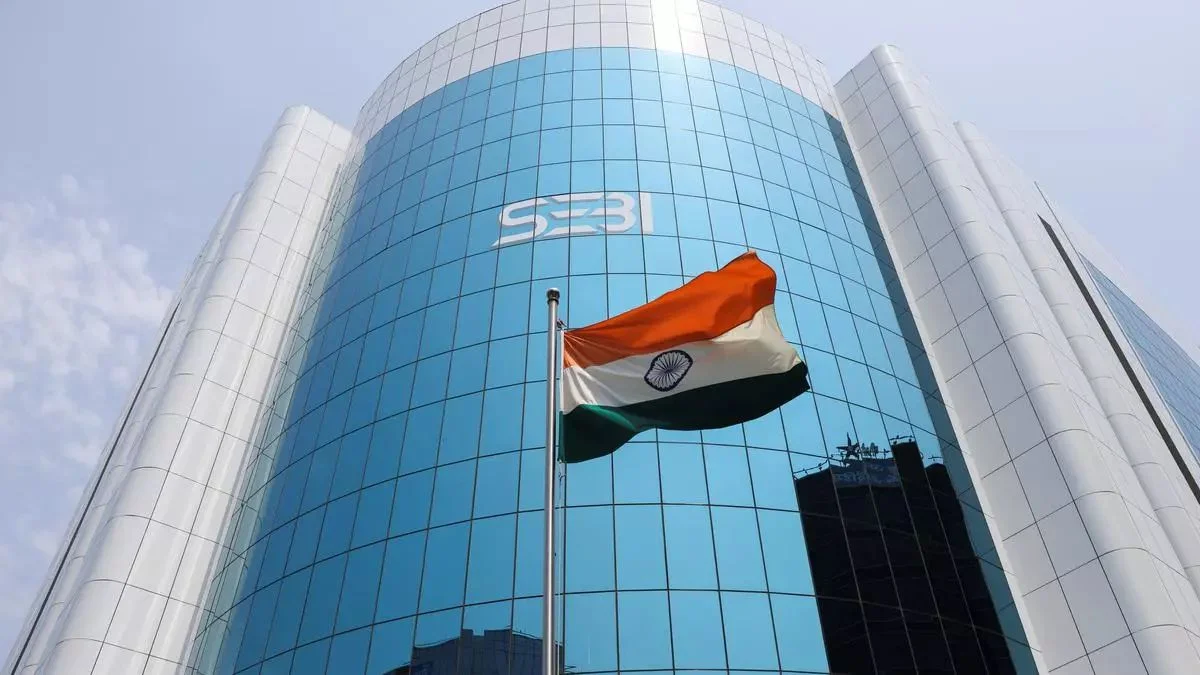The Securities and Exchange Board of India (SEBI) has rolled out a fresh consultation paper proposing a revision in the Total Expense Ratio (TER) structure for mutual funds, aimed at improving transparency, simplifying cost disclosures, and reducing costs borne by investors.
According to the proposal, statutory levies such as GST, STT, CTT, and stamp duty will now be excluded from the TER limits, meaning these charges can be passed directly to investors. This marks a key structural change in how expenses are managed and disclosed within mutual fund schemes.
For equity-oriented schemes, SEBI has suggested that the TER should range from 2.10% for the first ₹5 billion of AUM to 0.90% for balances beyond ₹500 billion—a uniform reduction of 15 basis points across slabs compared to the current structure. For non-equity schemes, the TER will range from 1.85% for the first ₹5 billion to 0.70% for AUM beyond ₹500 billion.
Close-ended equity funds will see their maximum base TER reduced to 1.0% from 1.25%, while non-equity close-ended funds will drop to 0.8% from 1.0%. For open-ended index funds and ETFs, the TER limit will fall from 1.00% to 0.85%.
Additionally, the 5bps exit load that was previously levied over and above the base TER will be removed. However, for open-ended active schemes, the first two slabs—up to ₹7.5 billion AUM—will see a 5bps upward adjustment in their base TER.
Equirus Securities’ View:
Initial assessments from Equirus suggest the overall impact on Asset Management Companies (AMCs) will likely be manageable, as much of the TER reduction arises from simplifying the GST and statutory cost structure. Currently, GST on management fees is charged over and above the base TER, while GST on distributor commissions (18%) is included within it. Under the proposed framework, GST on distributor commissions will also be excluded from the base TER.
However, the sharper cut in brokerage and transaction cost limits—down to 2bps (cash) and 1bps (derivatives) from the existing 12bps (cash) and 5bps (derivatives)—is expected to negatively impact income for institutional equity (IE) businesses.
This change could hurt players like Nuvama Wealth Management and DAM Capital Advisors, which derive a sizeable portion of their revenue from such activities—estimated at 10–15% for Nuvama and over 30% for DAM Capital in FY25. Consequently, their stocks could face near-term pressure as the market factors in this regulatory adjustment.


